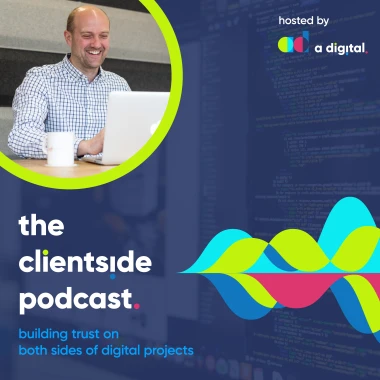
Communication in a Crisis with Jonathan Hemus
The Clientside Podcast
37 min Jonathan Hemus
Clarity in communication is vital at the best of times, but none more so than when reacting to a crisis on what could be the worst day of your career.
Andrew Armitage talks to crisis management expert Jonathan Hemus of Insignia Crisis Management about companies should plan their response when things go wrong, and why practice and role playing crisis situations could even increase the value of your company in the wake of a disaster. We also look at the role of social media and how crises expose what your brand values really mean to company's forced to react to the unexpected.
Listen on your smart device or read the transcript below
Whilst having checklists, templates and holding statements for your five biggest risks, is helpful, your plan must be broader than that. It must cater for the crisis that you hadn't predicted.
Jonathan Hemus Tweet